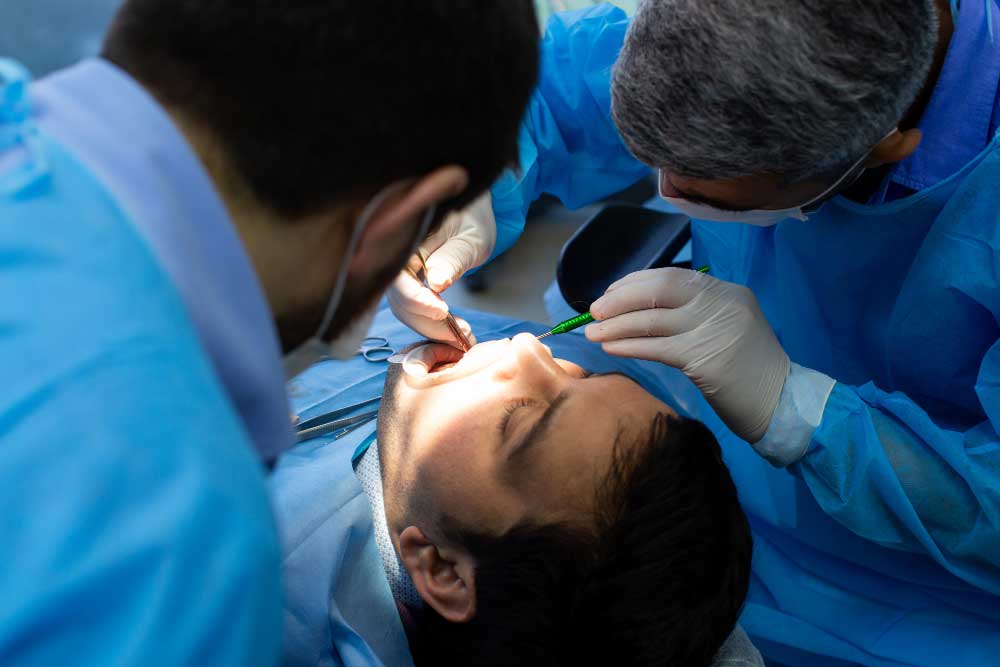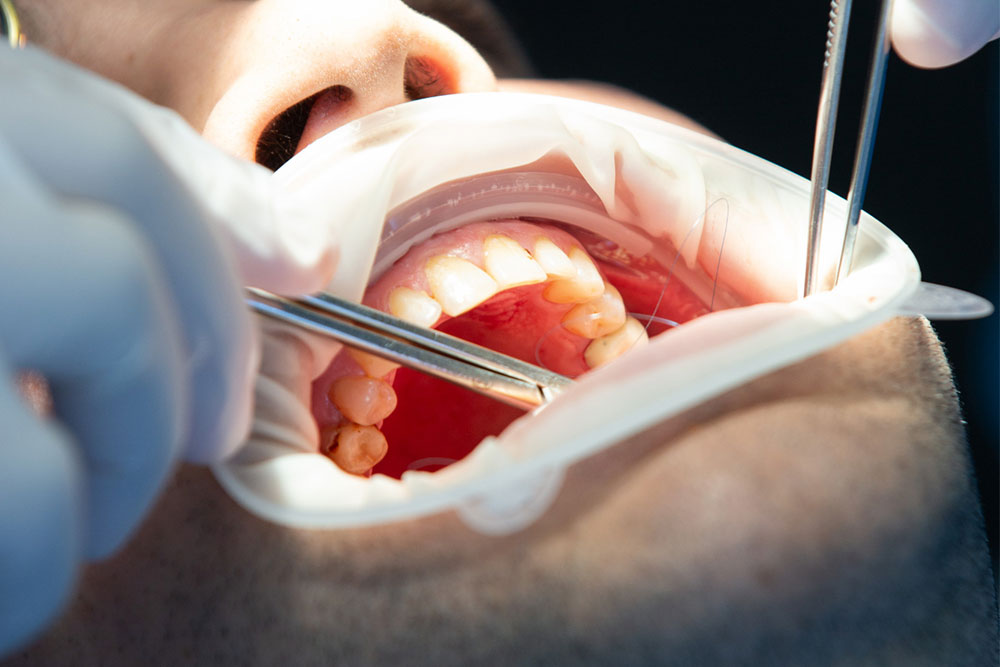Table of Contents
ToggleSo, your wisdom teeth surgery has been scheduled and you’re wondering what the first 72 hours will actually be like. The first 72 hours have a rhythm that most patients share, and knowing that pattern helps you feel more in control. A steady routine, gentle oral hygiene, and simple food choices help you stay comfortable. If you are planning care with wisdom teeth removal Sydney providers, this day-by-day guide outlines what to expect and what to do.
Before You Leave the Clinic
Confirm the basics: medicines and dosages, what to do if bleeding restarts, when to begin saltwater rinses, and your review appointment. Ask how to reach the practice after hours. Many dentists offer written instructions or post-wisdom Teeth Sydney surgery; keep them handy on your phone.
Hours 0–24: Settle the Bleeding and Rest
Bite down firmly on the gauze for the first 45–60 minutes. A slight ooze is normal. If it persists, replace with fresh, folded gauze and continue gentle pressure. A moistened tea bag can help because tannins support clotting. Keep your head elevated on two pillows when resting.
Cold therapy limits swelling. Apply an ice pack on the outside of the jaw for 20 minutes on, 20 minutes off, during waking hours. Take prescribed or recommended pain relief on time. Many patients alternate paracetamol and an anti-inflammatory as directed by their clinician. Avoid aspirin unless your dentist or doctor says otherwise.
Food and drink: choose cool, soft options such as yoghurt, smoothies with a spoon, custard, or pureed soups. Skip straws, smoking, and alcohol. Brushing is fine away from the surgical sites on the first night. Do not rinse vigorously yet.
Hours 24–48: Swelling Peaks, Keep the Clot Safe
Swelling typically increases and can peak toward the end of day two. That is expected. Continue regular pain relief and limit heavy activity. Start warm saltwater rinses 4–5 times daily, especially after meals: half a teaspoon of salt in a cup of comfortably warm water, swished gently. This keeps the area fresh without flushing out the clot.
Eating broadens a little. Add mashed pumpkin, scrambled eggs, soft noodles, and well-cooked oats. Keep food lukewarm. If food pools near the sockets, let it soak free with a gentle rinse rather than poking at it.
If you are weighing Wisdom teeth removal cost Sydney, include the practical side of recovery in your planning: two to three quieter days, a softer grocery list, and time for follow-up.

Hours 48–72: Turning the Corner
Soreness usually eases as you enter day three. Swelling may still be present, then begins to taper. Light bruising can appear and is harmless. You can transition from ice to warm compresses if your dentist recommends it. Continue saltwater rinses. Resume careful brushing around the back teeth, sweeping away from the sockets.
Jaw stiffness is common. Gentle, pain-free opening exercises help. Think small gains across the day rather than forcing it. If stitches are dissolvable, they often loosen around this time. That feeling can be strange but is rarely a problem.
Budgeting for recovery is not just about the fee. When you consider the cost of wisdom teeth removal Sydney, factor simple extras that make day three more comfortable: soft pillows, heat packs, and nutrient-dense soft foods.
Red Flags You Should Not Ignore
Call your dentist or oral surgeon if you notice any of the following:
- Bleeding that soaks several gauze pads and does not slow with firm pressure after an hour
- Increasing pain after a period of improvement, especially with bad taste or odour
- Fever, pus, or facial swelling that spreads rather than settles
- Numbness that does not gradually improve
- Persistent vomiting that prevents you from keeping medicines down
A quick phone call can save you days of discomfort. Clinics focused on affordable wisdom teeth removal Sydney still follow the same evidence-based aftercare principles and will advise you promptly.
Practical Tips That Make a Difference
Label your medicine schedule on your phone to avoid missed doses. Keep spare pillowcases and towels nearby in case of minor overnight spotting. If you grind your teeth, ask whether a short-term night guard is appropriate once tenderness settles. Not sure what to eat on day two? Prep a small batch of soft, savoury meals in advance, then portion them into containers so you can heat and eat without effort.
As for location and provider choice, aftercare is broadly the same across the city. People often search for Wisdom teeth removal Sydney when comparing convenience and appointment times. Technique and individual healing vary, so the best guide remains your clinician’s written instructions.
Key Takeaways
- The first day is about clot protection and rest.
- Day two is often the peak for swelling, not a setback.
- By day three, things usually ease up. Keep rinses gentle and stick with easy, consistent brushing.
- Contact your dental team early if pain spikes, bleeding persists, or you are worried about healing.
Final Thoughts
For those comparing packages or quotes, remember that Wisdom teeth removal cost Sydney reflects factors like imaging, sedation type, and the difficulty of the impaction. High-quality care is available across the market, and good home care is the thread that ties every successful recovery together. These early steps matter no matter which clinic you attend or the package you selected across Wisdom teeth removal price Sydney options.

Frequently Asked Questions
1. How long will swelling last?
It usually rises across the first 48 hours and starts to ease from day three. Bruising can show up on day two or three and fade over the week.
2. When can I start saltwater rinses?
Begin at 24 hours unless your clinician advises otherwise. Rinse gently 4–5 times daily with warm salty water, especially after meals.
3. Can I brush my teeth the first night?
Yes, brush the front and sides as normal but avoid the sockets. From day two, brush carefully near the back teeth and spit gently.
4. What should I eat on day one and day two?
Cool, soft foods by spoon on day one: yoghurt, custard, pureed soups. Day two, add scrambled eggs, mashed veg, soft noodles, oats. Keep foods lukewarm.
5. When should I call urgently?
If bleeding will not slow, pain suddenly worsens after initial improvement, swelling spreads, there is fever or pus, or you cannot keep medicines down due to vomiting.




